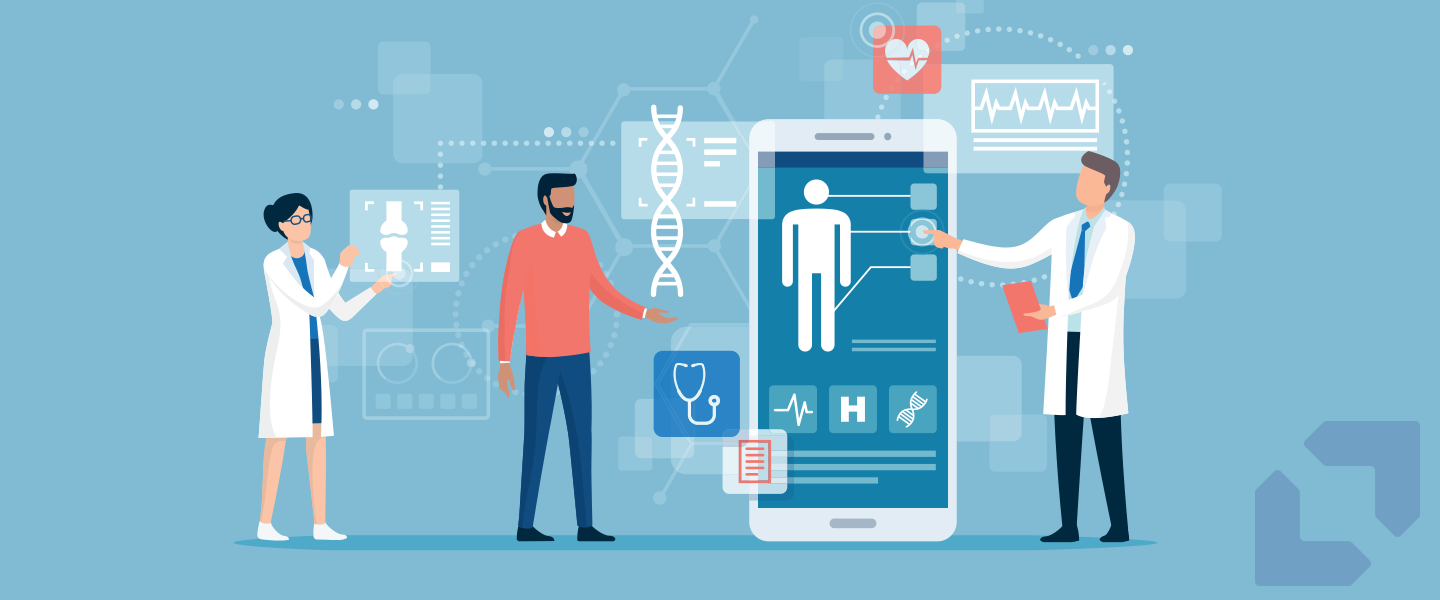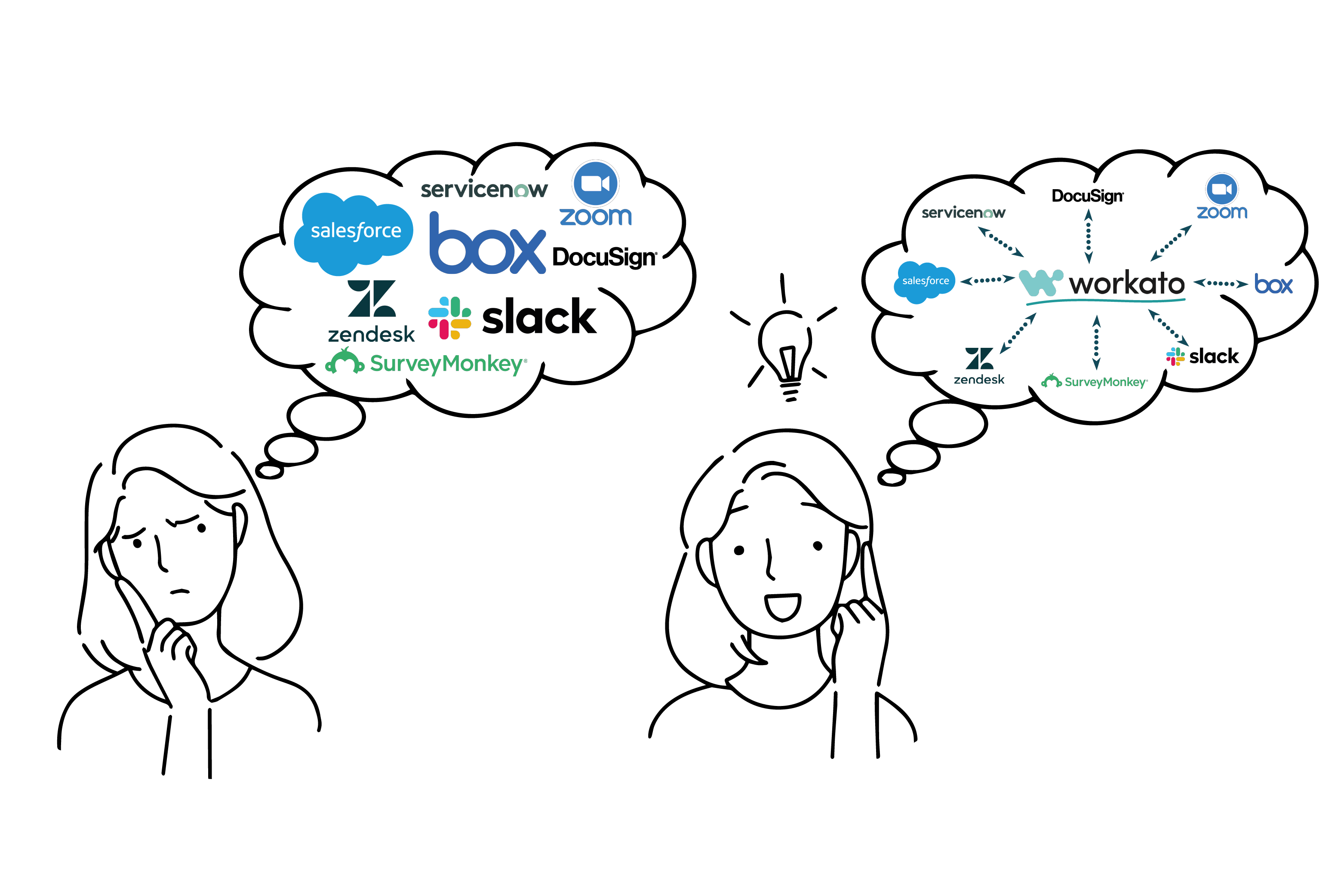Sign Up for Our
Updates
A lack of accessibility to patient records on acute and non-acute hospital wards is negatively impacting patient outcomes and mortality rates. How can we digitalise patient records and create a single digital view on a centralised platform to improve accessibility using robotic processing automation and cognitive automation?
How do we bring the UK Digital Patient Experience into the 21st Century?
Patient data accessibility is crucial to improve patient outcomes in hospital wards in the UK. On 15 November, Alphalake Ai and Automation Anywhere will host the world’s first health automation hackathon at Kingston University. 200 students, health professionals and tech enthusiasts will use leading artificial intelligence software to create real-world automation solutions that improve accessibility to patient records within the NHS.
Neil Goodman, the Consultant leading digital transformation at the NHS North East London Commissioning Support Unit, said healthcare interoperability is currently a major challenge.
“The NHS has struggled for a long time working across multiple platforms that don’t talk to each other, so RPA can go a long way to solve this issue by using backend ‘admin bots’ that access multiple systems when granted the right user permissions. Basically, they can collect data from different systems and present it in a single view user interface,” Goodman says.
In this 10 hour marathon of bot building, UX design and intensive problem solving, the hackathon squads will consider the information governance, legal and policy issues and apply technical, design, and problem-solving skills to deliver intuitive user experience (UX).
UX is an essential but often overlooked component of digital transformation within the healthcare sector, Alphalake Ai CEO and Co Founder, Olly Cogan explained.
“We must bring user experience to the fore in healthcare – it is still not getting enough focus and this impacts adoption and the efficiency in implementing innovation. All too often, UX is staggeringly an afterthought. We must always start by asking ‘what information do we need to present back to the user at this point and how will that will drive the desired outcomes, both for patients care workers?’
This focuses the project on the WHY and the HOW and avoids innovation projects getting too bogged down in the bureaucracy of change, as it keeps our eyes on the prize, which in our case is system-wide adoption of automation and, in turn, unprecedented levels of efficiency and enriched digital patient experience,” Cogan says.
Head of enterprise education at Kingston University, Dr Martha Mador, said the University was delighted to be working with AlphalakeAI on this fascinating challenge. “Artificial intelligence has the potential to improve the healthcare experience and the efficiency of resource use within the healthcare system. Our students in computer science, nursing, and UX design are all keen to develop and test their understanding of the problem and deliver insights into potential solutions. At Kingston University we are proud to be working with both public and private organisations to help solve key challenges of the day,” she said.
The winning team will have the opportunity to develop their solution to fruition in partnership with Alphalake Ai and Automation Anywhere.





.jpg)